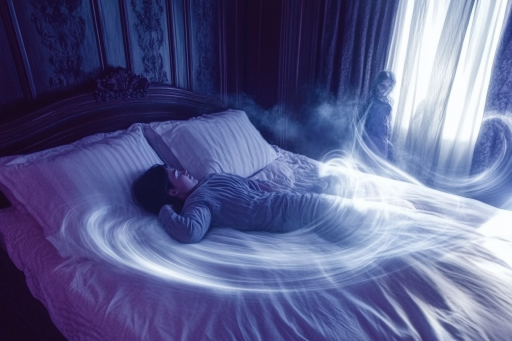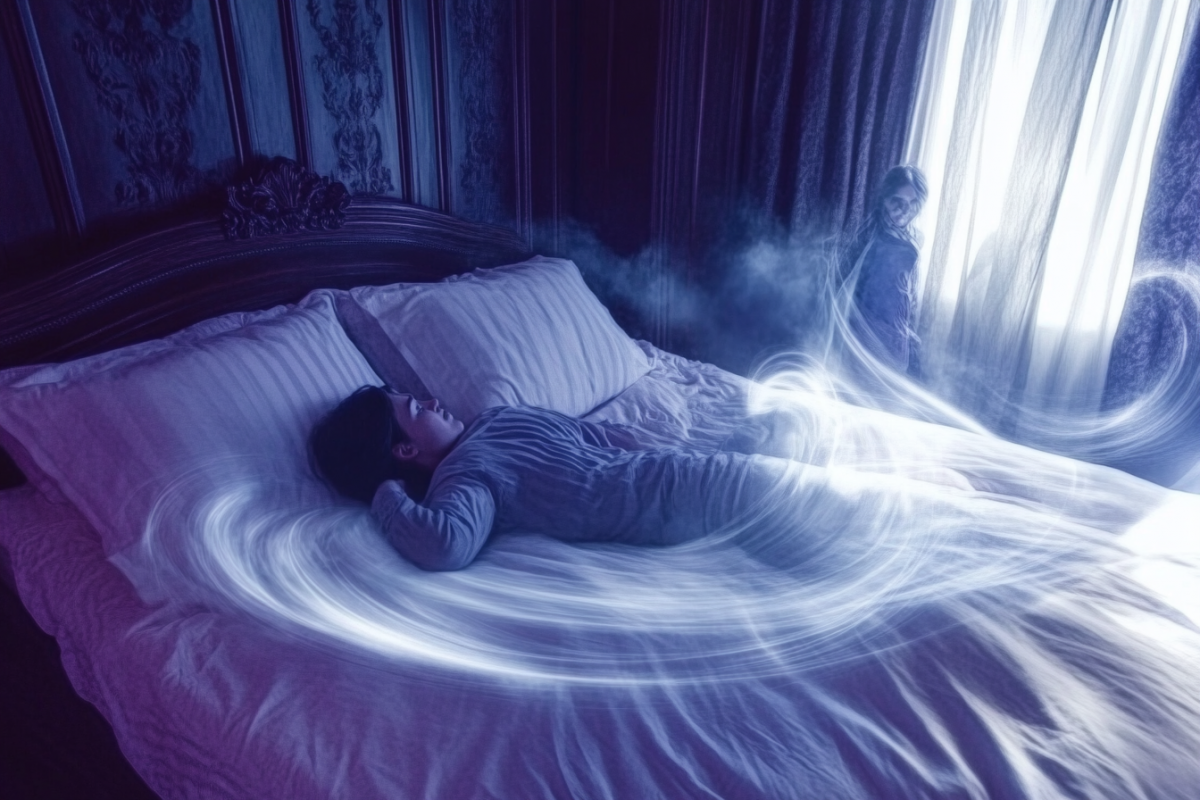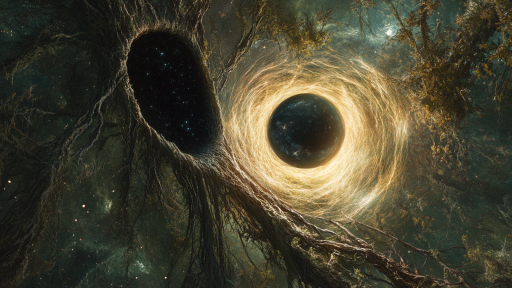
Dreams are often seen as mysterious, creative, and sometimes even prophetic—but they may not always be harmless. While they can offer insight into our subconscious, certain dreams can have unexpected effects on our mental and physical health. Some can trigger real-world stress, distort reality, or even cause lasting psychological issues. As science continues to uncover the hidden dangers of dreams, it’s clear that what happens while we sleep might be more powerful than we ever imagined.
Sleep Paralysis – Trapped Between Dream and Reality

Imagine waking up but being unable to move, your body frozen while shadowy figures loom over you. Sleep paralysis occurs when the brain wakes up before the body does, creating terrifying hallucinations and feelings of suffocation. Many cultures describe it as a supernatural experience, but science attributes it to a temporary disruption in REM sleep. The psychological toll can leave people afraid to sleep, turning rest into a nightly horror.
Recurring Nightmares Can Damage Mental Health

Frequent nightmares don’t just disrupt sleep—they can lead to anxiety, depression, and even PTSD-like symptoms. Studies show that people who regularly experience intense nightmares are more likely to suffer from emotional distress during the day. The brain struggles to distinguish past trauma from dream imagery, keeping the stress cycle alive. Over time, this can make even the most mundane moments feel haunted by fear.
Lucid Dreaming Can Lead to Sleep Disorders

Lucid dreaming—the ability to control your dreams—sounds exciting, but it can have unintended consequences. Some people become addicted to the dream world, preferring it over reality and suffering from dissociation. Others experience sleep disturbances, struggling to enter deep rest because they are too conscious during dreams. When the line between waking and dreaming blurs, sleep can become more exhausting than refreshing.
False Awakenings Can Trap You in a Dream Loop

A false awakening happens when you “wake up” in a dream, only to realize later that you’re still asleep. Some people experience multiple layers of false awakenings, making it difficult to tell if they are actually awake. This phenomenon can create panic and paranoia, making real-life mornings feel surreal and confusing. If it happens frequently, it can lead to anxiety and sleep deprivation.
Dreams Can Influence Real-World Decisions

Some people experience dreams so vivid that they act upon them in real life, sometimes with dangerous consequences. Scientists have found that dreams can shape our thoughts, emotions, and even our moral judgments without us realizing it. History is full of leaders, inventors, and artists who claimed their dreams inspired real-life choices—for better or worse. But when dreams become a guiding force, the risk of making impulsive, irrational decisions grows.
Night Terrors Can Cause Physical Harm

Unlike nightmares, night terrors don’t just scare you in your sleep—they make you act out in real life. People experiencing night terrors may scream, thrash, or even run while still asleep, completely unaware of their surroundings. Some have even injured themselves or others during these episodes, waking up with no memory of what happened. The unpredictability of night terrors makes them one of the most physically dangerous sleep disorders.
Sleepwalking Can Turn Deadly

Sleepwalking isn’t just about wandering around the house—it can lead to serious accidents. Some sleepwalkers have driven cars, climbed rooftops, or even left their homes in freezing temperatures without waking up. Because they have no memory of their actions, they are completely unaware of the danger they put themselves in. What starts as a harmless walk in the night can easily turn into a life-threatening situation.
Dreams Can Blur the Line Between Reality and Delusion

For some, particularly those prone to hallucinations or psychosis, dreams can influence real-world perception in unsettling ways. Repeatedly dreaming about a fictional event can create false memories, making people believe things that never actually happened. Some people even experience “dream residue,” where emotions from their dreams spill over into waking life. When dreams and reality blend too closely, distinguishing between them can become a psychological struggle.
Are Our Dreams Really Ours?

While dreams can be creative and enlightening, they can also manipulate our minds in ways we don’t fully understand. They influence our fears, emotions, and even physical actions, sometimes leading to real-world consequences. If we are not always in control of what we dream, how much of our reality is shaped by something we don’t even remember? The next time you close your eyes at night, you might wonder—who is really in control?





